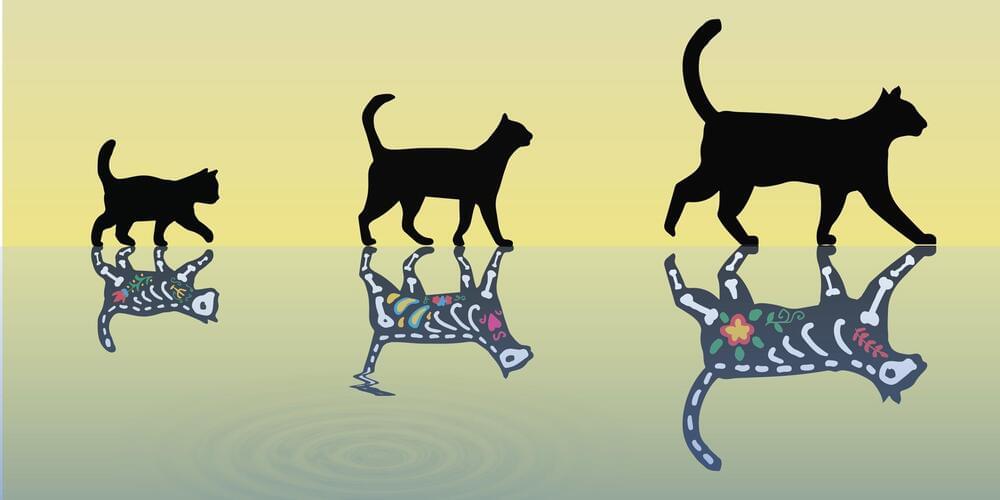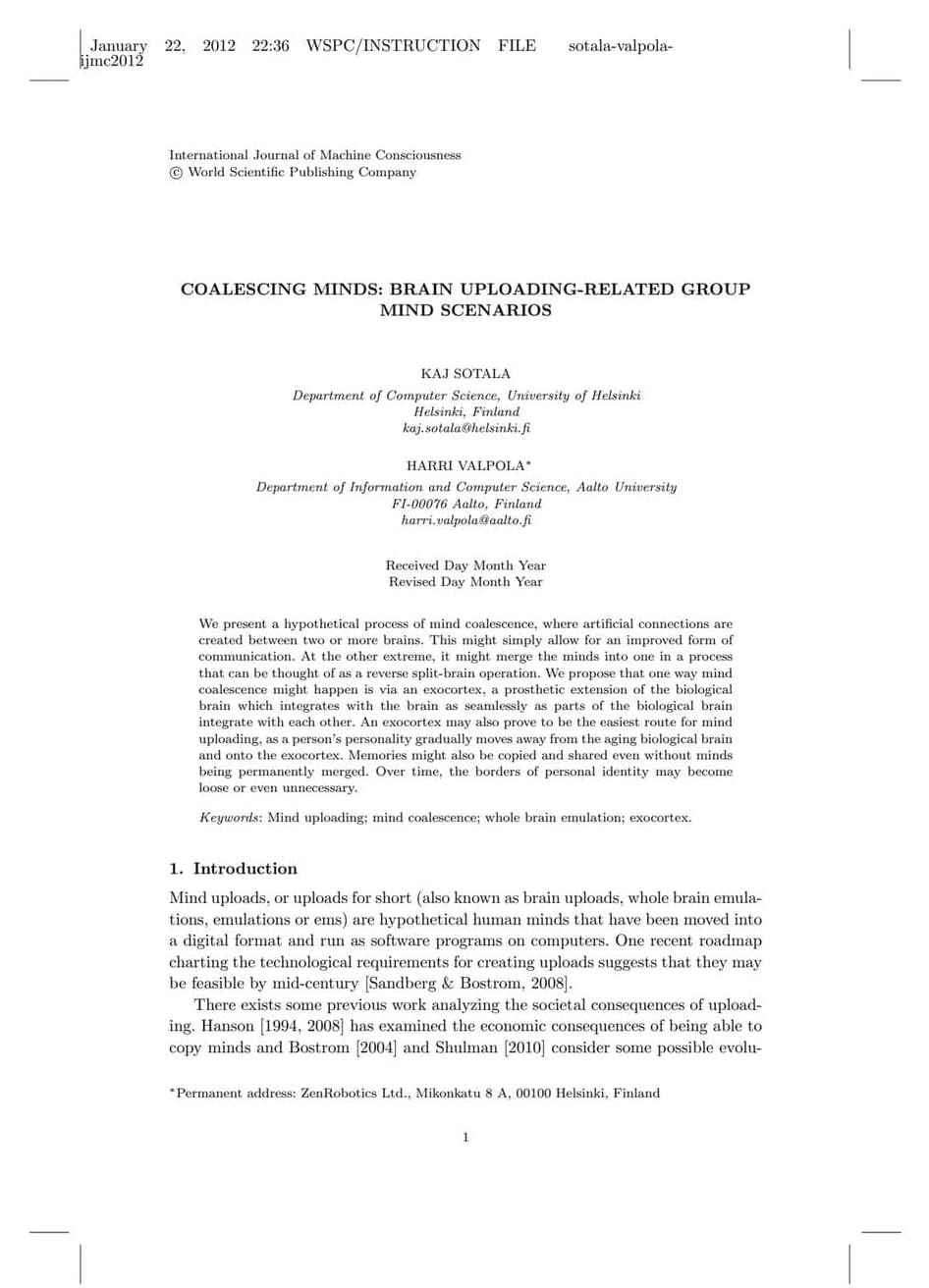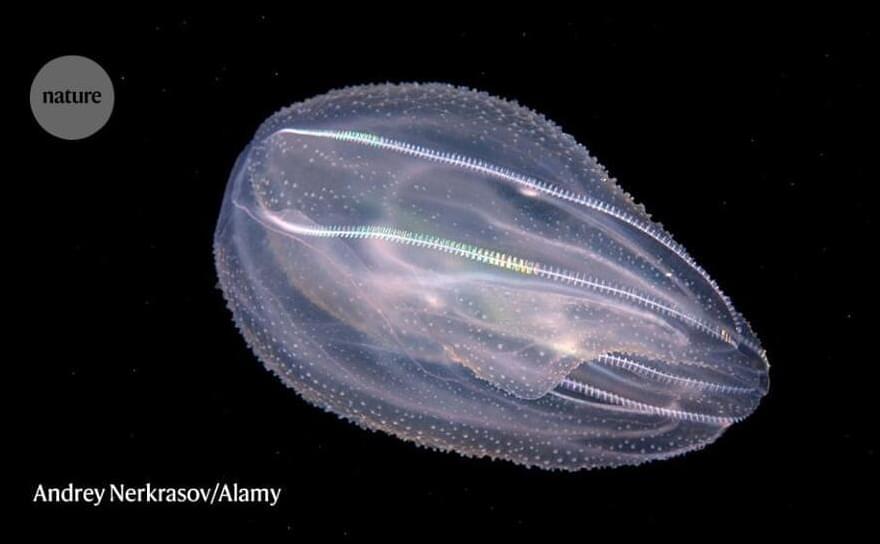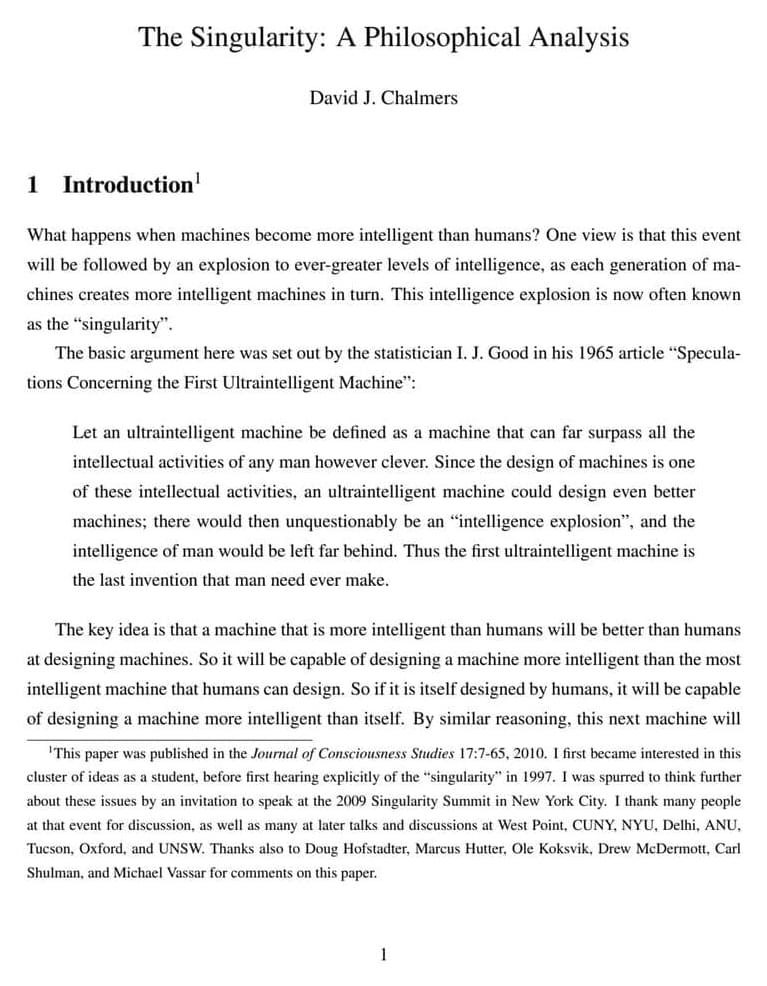The DarkSide experiment is an ambitious research effort aimed at detecting dark matter particle interactions in liquid argon using a dual-phase physics detector located at the underground Gran Sasso National Laboratory. These interactions could be observed by minimizing background signals, and this could be possible thanks to the remarkable discrimination power of the scintillation pulse of liquefied argon in the DarkSide-50 detector, which can separate nuclear recoil events associated with these interactions from more than 100 million electronic recoil events linked to radioactive background.
The large team of researchers involved in the DarkSide experiment has recently been using the detector to search for lighter dark matter particles. The results of a new search for dark matter–nucleon interactions, published in Physical Review Letters, allowed them to set new constraints for sub-GeV/c2 dark matter.
“The DarkSide-50 experiment was designed as a test for the use of argon from underground sources, naturally depleted in the radioactive 39 Ar, for very large scale dark matter searches,” Cristiano Galbiati a Researcher at Princeton University and the Gran Sasso Science Institute, told Phys.org. “It is remarkable to see how a group of young researchers within the collaboration was able to exploit the apparatus to extract the best limit for dark matter searches that were not part of the original scope of the experiment. If anything, the ingenuity and resolve of this group should be credited for this important result.”








